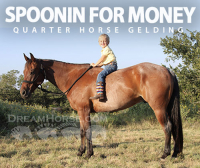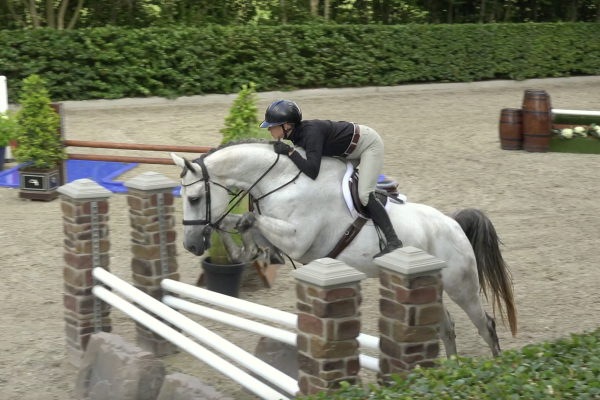Young Horse Markets: Investment Opportunities

Investing in young horses can be a lucrative venture for enthusiasts and investors alike. This market offers unique opportunities due to the potential for high returns, especially when investing in horses with promising bloodlines and training prospects. Below, we explore the key aspects of this market, investment strategies, risks, and benefits.
Understanding the Young Horse Market

Young horses, typically ranging from weanlings to three-year-olds, are at a stage where their future performance and value are largely speculative but can be highly rewarding. These horses are often purchased for racing, breeding, or sport disciplines such as dressage and show jumping.
| Age Group | Description | Common Uses |
|---|---|---|
| Weanlings | Horses under 1 year old | Future racing or breeding |
| Yearlings | Horses between 1 and 2 years old | Training and early sales |
| Two to Three-year-olds | Horses in early training phases | Racing debut or sport training |
Investment Opportunities
1. Racing Prospects
Investing in young horses with strong pedigrees can lead to significant returns if the horse performs well in races. Early acquisition often means lower purchase prices compared to proven racehorses.
2. Breeding Potential
Young mares and stallions with desirable genetics can become valuable breeding stock, generating income through stud fees or sales of offspring.
3. Sport Horse Market
Disciplines like dressage, eventing, and show jumping require well-trained horses. Investing early allows owners to influence training and development, potentially increasing the horse’s market value.
Risks and Considerations
- Uncertainty of Performance: Young horses may not develop as expected, leading to financial loss.
- High Maintenance Costs: Training, veterinary care, and upkeep can be expensive.
- Market Volatility: Prices can fluctuate based on trends, economic conditions, and competition results.
Tips for Successful Investment
- Conduct thorough pedigree and health evaluations.
- Work with experienced trainers and veterinarians.
- Diversify investments across different horses and disciplines.
- Stay informed about market trends and industry news.
FAQ
Q1: What is the best age to invest in a young horse?
A: Yearlings and two-year-olds are popular choices as they are old enough for initial training but still have significant development potential.
Q2: How can I assess a young horse’s potential?
A: Evaluate pedigree, conformation, temperament, and consult with experts in training and veterinary care.
Q3: What are the typical costs involved?
A: Costs include purchase price, training fees, veterinary care, feed, and stabling, which can vary widely depending on location and discipline.
Q4: Can investing in young horses be profitable?
A: Yes, with careful selection and management, investors can achieve substantial returns, especially in racing and breeding markets.
Investing in young horses requires a blend of passion, knowledge, and strategic planning. By understanding the market dynamics and risks, investors can capitalize on the exciting opportunities this niche offers.
